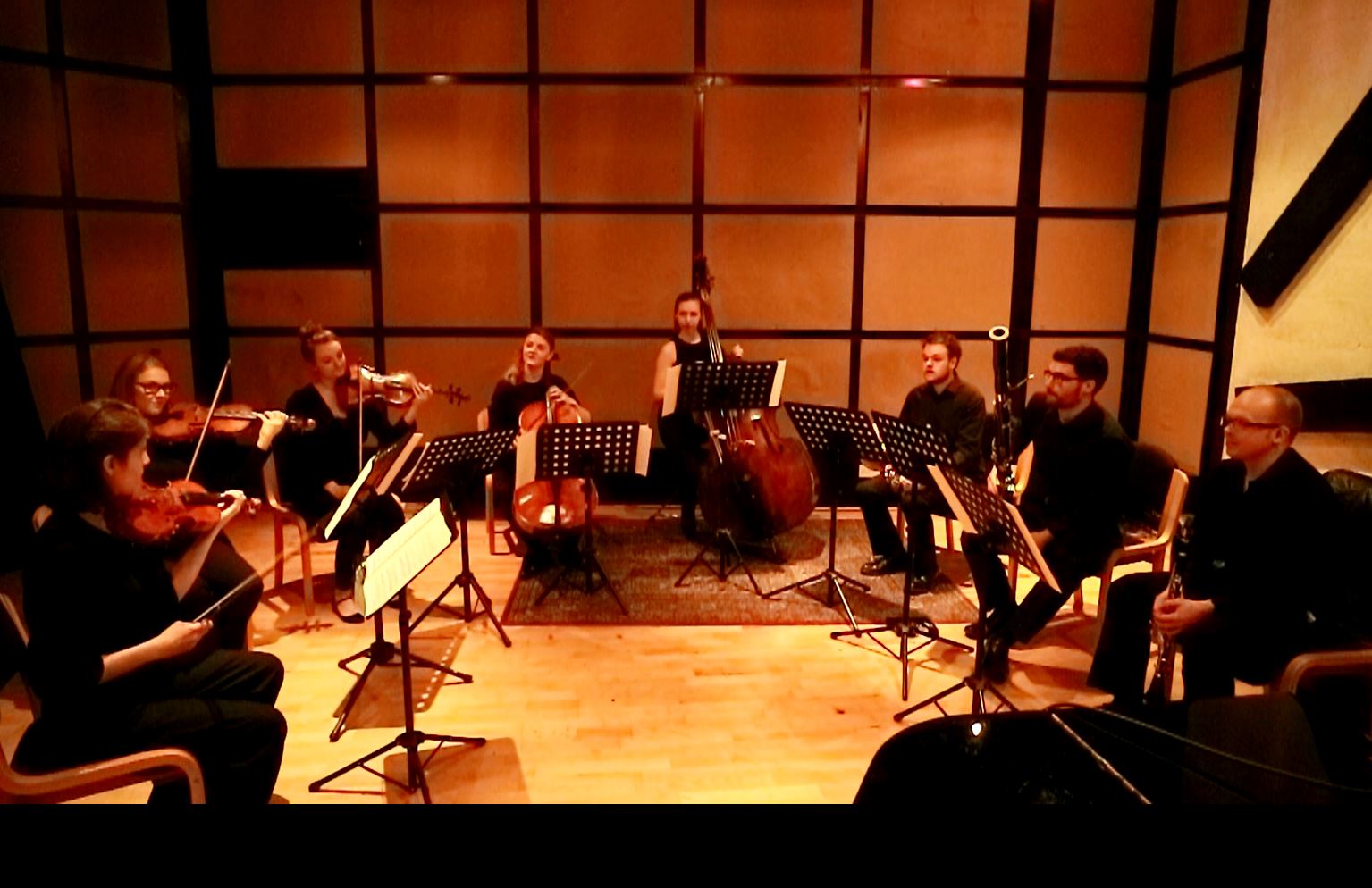Clarinet, Bassoon & Horn Octet - ‘The Schubert’ Octet
Clarinet / Bassoon / Horn / 2 Violins / Viola / Cello / Double Bass

An extension of ‘The Beethoven’ Septet, with the addition of a second violin, this fantastic medium (Clarinet/Bassoon/Horn/String Quartet/Double Bass Octet) began with Schubert’s sublime Oktett in F, D.803; another mixed wind-strings masterpiece to be ranked among the greatest chamber works of all time. With the power of a full string quartet plus double bass and three winds, the addition of the second violin fills out the small orchestral texture, providing massive potential in colour, texture and expressive capability.
Written in 1824, just four years before his death aged 31, the Octet in F was a “late” work in Schubert’s output. Commissioned by the nobleman/philanthropist/keen amateur clarinettist Count Ferdinand von Troyer, Schubert was asked to write a companion piece to Beethoven’s popular Septet in Eb major, Op.20. However, by subtly enlarging the scoring, he unwittingly created a new medium of his own that itself inspired generations of composers. Incredulously, while the commission was among the small body of works to garner Schubert an income during his short lifetime, it remained unpublished until 1899!
While naturally a perfect fit programmed alongside Beethoven’s Septet, few other works in the medium are widely known today and deserve better recognition. A personal favourite is that of prolific French neoclassical composer/pianist/orchestrator Jean Françaix. Not what you might expect from a 20th Century composer, Françaix took care to avoid avant-garde experimentation, relied on traditional acoustic instruments and rejected atonality. He manages to infuse an iconic wit and humour across the majority of his immense output (over 200 works, often for more unusual combinations); and while often extremely complex and technically challenging for performers, his writing is always clearly aimed to please the listener. Not only commissioned as a companion piece to Schubert’s Octet, Françaix’s Octuor was also written in memory of Schubert; starting out with his lush lyrical writing before conjuring that typical witty humour.
Works also exist from British composer/musicologist Howard Ferguson, the late American composer/conductor/horn-player/jazz-musician Gunther Schuller, internationally acclaimed German clarinettist/composer Jörg Widmann and prolific English composer Mark-Anthony Turnage CBE, among many others. Ferguson is of note in the British musical heritage as a pupil Ralph Vaughan-Williams at the Royal College of Music, London, and fellow student of Gerald Finzi. A 20th Century romantic composer at heart, his early Octet, Op.4 met considerable success pre WW2. As with ‘The Beethoven’ Septet, various octet combinations with subtle variations also appeared both prior and following Schubert’s iconic setting, including octets from great German composers Paul Hindemith and Louis Spohr.
Along with a whole range of inner groupings, ‘The Schubert’ Octet enables programming from an immense repertoire across all genres of classical music, and holds a special place among chamber mediums.
© 2016 Ensemble Mirage | Login
